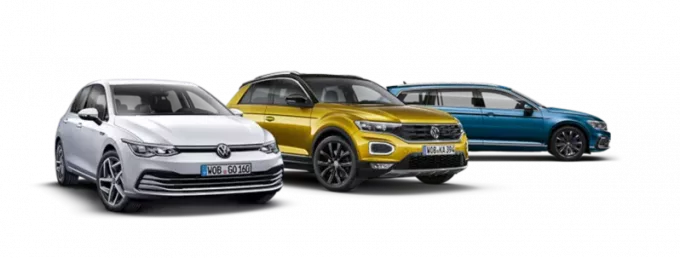VW auto supply chain falters as US 'forced labour' law delays imports

Volkswagen is under pressure to cut ties with China due to allegations of forced labor in its supply chains. US Customs impounded VW vehicles at ports because a Chinese subcomponent was believed to violate forced labor laws. VW is seeking a replacement part. China's treatment of its Muslim Uyghur population has led to growing concerns among Western firms. The US has enacted the Uyghur Forced Labor Prevention Act. Amid collapsing faith in China, India is seen as a new manufacturing hotspot. Western companies are also concerned about intellectual property theft and tariffs.
Source: Link
FAQ | VW Auto Supply Chain Falters as US 'Forced Labour' Law Delays Imports
Frequently Asked Questions
1. Why has the VW auto supply chain faltered in the US?
Answer: The VW auto supply chain has faltered due to the U.S. enforcing a 'forced labour' law that delays imports. Specifically, U.S. Customs has impounded several thousand VW vehicles that arrived at ports because they contained a Chinese subcomponent suspected of being produced with forced labor.
2. What vehicles are affected by the US Customs' actions?
Answer: The vehicles affected include various models from the Volkswagen Group, such as Audis, Bentleys, and other VW vehicles that incorporated the Chinese subcomponents under scrutiny.
3. What is the legislation that has led to the import delays?
Answer: The import delays are a result of the Uyghur Forced Labor Prevention Act that Congress passed, prohibiting the importation of goods made in Xinjiang, China, due to concerns over forced labor practices in the region.
4. How does this law impact international auto manufacturers like Volkswagen?
Answer: The law impacts international auto manufacturers by creating supply chain disruptions and legal issues. It forces companies to scrutinize their supply chains and ensure no components are sourced from regions associated with forced labor, which can lead to reputational risks and legal challenges if not properly managed.
5. Are any other auto manufacturers affected by this issue?
Answer: Yes, other auto manufacturers, including BMW, Mercedes, and Tesla, have also faced scrutiny and challenges related to forced labor allegations in their supply chains, especially concerning components sourced from the Xinjiang region of China.
6. Have any actions been taken to investigate these forced labor allegations in auto supply chains?
Answer: The Senate Finance Committee and other entities have expanded investigations into auto supply chain links to forced labor in Xinjiang, China. There is increasing regulatory and legislative attention to ensure that forced labor does not taint automotive supply chains.
Please note that these answers are provided based on the content of search results up to early 2023 and updates on this subject may have occurred since then. For the most current information, you should refer to the latest sources.

